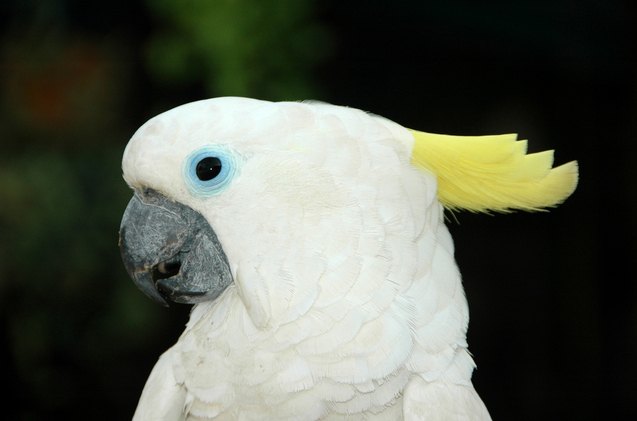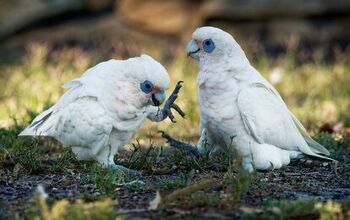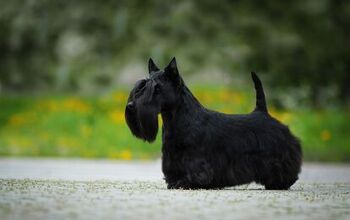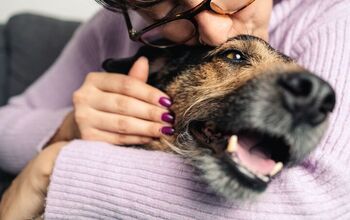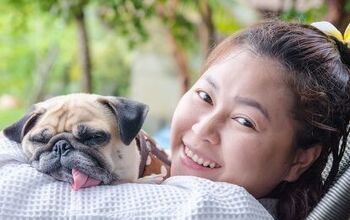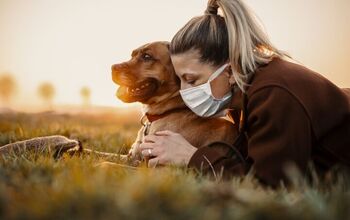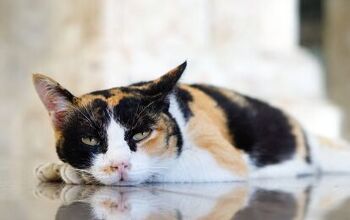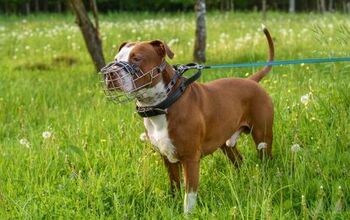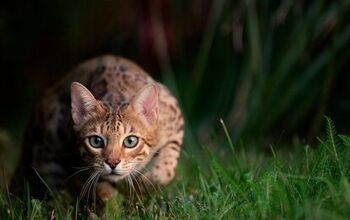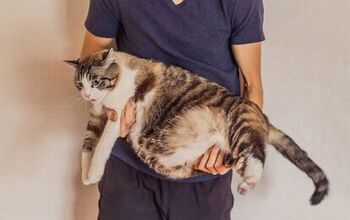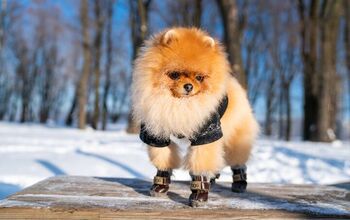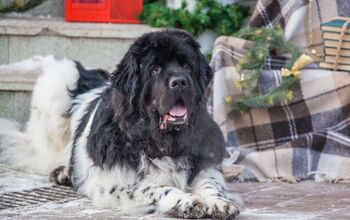Blue Eyed Cockatoo


About Blue Eyed Cockatoo
The Blue Eyed cockatoo is one of the friendlier members of the diverse and unique cockatoo family. Although they can sometimes require quite a bit of attention, your patience will be rewarded with a social, affectionate and, above all, a funny pet that is certain to be the reason for your good mood. They are one of the least common captive cockatoos, but even so, they make excellent pets and quickly become a loved member of the family.
These cockatoos require a lot of care and attention, but in return, you get a goofy and affectionate pet.
Native Region/Natural Habitat
They are found exclusively in the islands of New Ireland and New Britain. These islands are the part of the Bismarck Archipelago which lies close to Papua New Guinea. Considered a vulnerable species, the Blue Eyed cockatoo nests in the untouched forests that cover these faraway islands. Rapidly increased logging and destruction of pristine low land forests, as well as illegal trapping, pose a great threat to these beautiful birds. They can be seen flying over the canopy as high as a thousand meters.
These large cockatoos retain most of the distinguishing features of other members of their family. They are large birds with an average length of 20 inches (50 centimeters). Like most other cockatoos, Blue Eyed cockatoo has the unique feather crest on top of their head, which signifies their mood. Depending on how much the crest is fanned out, you can guess if your pet is angry, frightened or ready to play. With their large size, a spacious cage is a priority for their well being. These parrots are zygodactyls, a unique trait meaning they have two opposite toes. This is handy for holding food as they eat.
When considering a pet cockatoo, you need to keep in mind that they can be noisy. They simply love to mimic human speech in their own, goofy way. This can sometimes go on for a long time and very loudly, too, so a good dose of patience is needed. Offering more attention and social interaction to your pet is bound to minimize their need for vocal outbursts. The loudness can often be a result of boredom and neglect, so make sure to give a portion of your time to your pet.
Blue Eyed cockatoo is often confused with Sulphur crested cockatoo. They are also entirely white, with yellow feathers hidden in the crest, and a black beak. They get their name from a ring of bright blue skin around the eyes, which is also their distinct feature. The males and females are almost identical, which makes it difficult to know their gender. Even though the lack of colors might seem not too exotic to some, this parrot is still a graceful and stunningly pretty bird.
The blue rings around their eyes make these graceful birds stand out.
In the wild, these cockatoos enjoy eating a variety of natural seeds, nuts, fruits and tree blossoms. There are special cockatoo seed and pellet-based mixes that will help your pet have a varied and healthy diet. Of course, you’ll want to add a dose of fresh fruits and green vegetables like oranges, apples, celery, cabbage, and carrots. They will serve as a treat and a healthy supplement full of essential vitamins and proteins. Fresh drinking water should be regularly changed, and baths provided on occasion. Baths help your pet bird keep good hygiene, which will help prevent feather-related diseases.
Blue Eyed Cockatoo adapts easily to most conditions and is known as a hardy and robust bird. The main factors you need to pay attention to are providing enough sunlight, moving space, good hygiene and social interaction. If neglected, this parrot may develop apathy, loss of appetite, and complete loss of feathers due to stress.
Although these cockatoos are strong and healthy birds, you need to take care of their needs to prevent serious diseases.
All cockatoos are a little mischievous and energetic. The Blue Eyed cockatoo, on the other hand, is much calmer and affectionate than its relatives. These birds love doing their tricks, playing with their toys and they’re always looking for attention and cuddling. Blue Eyed cockatoos love to be handled and will perch on your shoulder. In no time, this graceful bird will bond with you. And with their long lifespan, you know you’ll be getting a feathery friend for life!
Photo credit: HappyShot/Shutterstock; Kim Wutimet/Shutterstock; Cat-Bee/Shutterstock

A proud mama to seven dogs and ten cats, Angela spends her days writing for her fellow pet parents and pampering her furballs, all of whom are rescues. When she's not gushing over her adorable cats or playing with her dogs, she can be found curled up with a good fantasy book.
More by Angela Vuckovic



